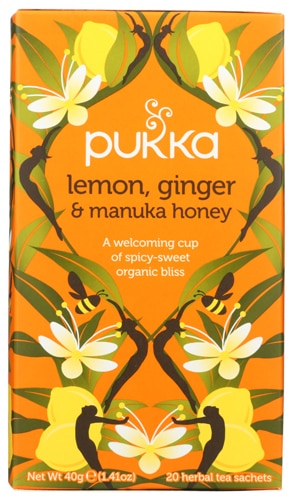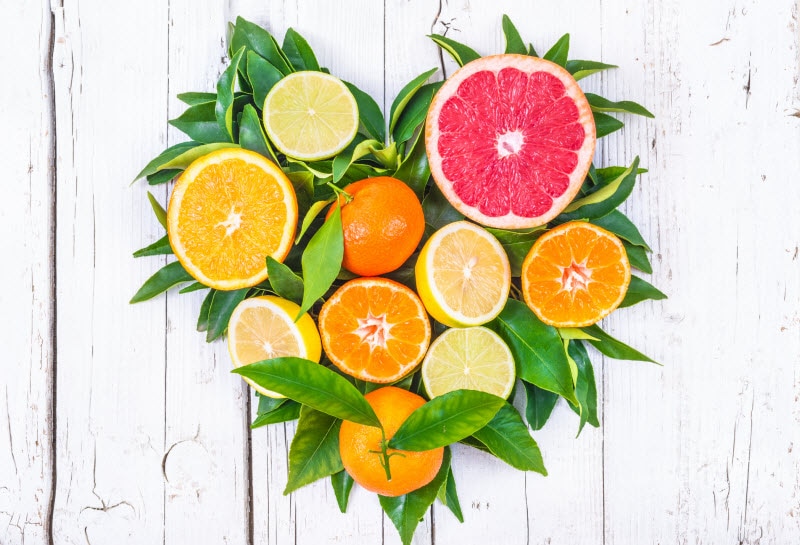As the days grow colder and grayer, a pop of color – in the form of citrus fruits – may be just what the doctor ordered to keep you healthy this winter.
Dietitians and health professionals often praise citrus fruits for their high vitamin C content, says Wendy Reinhardt Kapsak, a registered dietitian nutritionist and president and CEO of the Produce for Better Health Foundation.
“Just one medium orange provides more than 100% of your daily vitamin C needs,” she says.
Science also has uncovered several other reasons to eat citrus fruits. Such fruits have been shown to:
- Lower the risk of some cancers
- Boost the immune system
- Reduce levels of arterial plaque, which in turn lowers the risk of heart disease
- Build stronger connective tissue
Regularly consuming vitamin C can also lower the risk of obesity-related diseases, such as heart disease, liver disease and diabetes, Kapsak says.
Why citrus fruits are healthful
Citrus fruits are rich in antioxidants called citrus flavanones. Antioxidants are substances that help prevent or delay the damage that free radicals inflict on the body’s cells.
Research has confirmed the protective benefits of citrus fruits. Mice who eat a high-fat diet can improve their health by also consuming fruits rich in the flavanones hesperidin, eriocitrin and eriodictyol, according to research unveiled at the National Meeting & Exposition of the American Chemical Society.
Mice who munch on such fruits decrease cell damage in the liver by between 50% and 64% compared to mice who eat a high-fat diet without the flavanones. The flavanones also reduce cell damage in the blood by roughly 48%.
Citrus fruits also provide the body with fiber and many other important vitamins the body needs to stay strong and fight illness, Kapsak says.
The benefits of citrus fruits during the winter
Winter months are the peak of cold and flu season -- which is also when a variety of citrus fruits are in peak season.
Kapsak says there is no evidence that the vitamin C in fruits actually prevents the common cold. However, she says research shows that eating oranges, grapefruit and other citrus fruits may still offer benefits.
“Vitamin C may have a modest effect on shortening the duration or lessening the severity of a cold if it is consumed before the onset of illness,” Kapsak says.
Adults should eat anywhere between 1 cup and 2 cups of fruit a day, according to the U.S. Department of Agriculture.
One cup of fruit equates to a grapefruit that is 4 inches in diameter, or an orange that is 3 inches in diameter.
Unfortunately, just 12% of Americans get enough fruits in their diet, according to the U.S. Centers for Disease Control and Prevention.
Kapsak suggests eating more citrus fruit to boost your vitamin C intake during cold and flu season. Fruits that are especially plentiful this time of year include:
- Navel oranges
- Minneolas
- Mandarins
- Grapefruit
Other popular citrus fruit choices include:
- Lemons
- Limes
- Tangerines
- Pomelos
Eating a mix of citrus fruits can help add variety to your diet, so you don’t tire of eating the same fruits all the time, Kapsak notes.
She also urges you to eat other whole foods, so you get an optimal balance of vitamins, minerals and other nutrients.
For more information on all things fruits and vegetables, including citrus recipes, research and more, visit the Produce for Better Health Foundation website.




